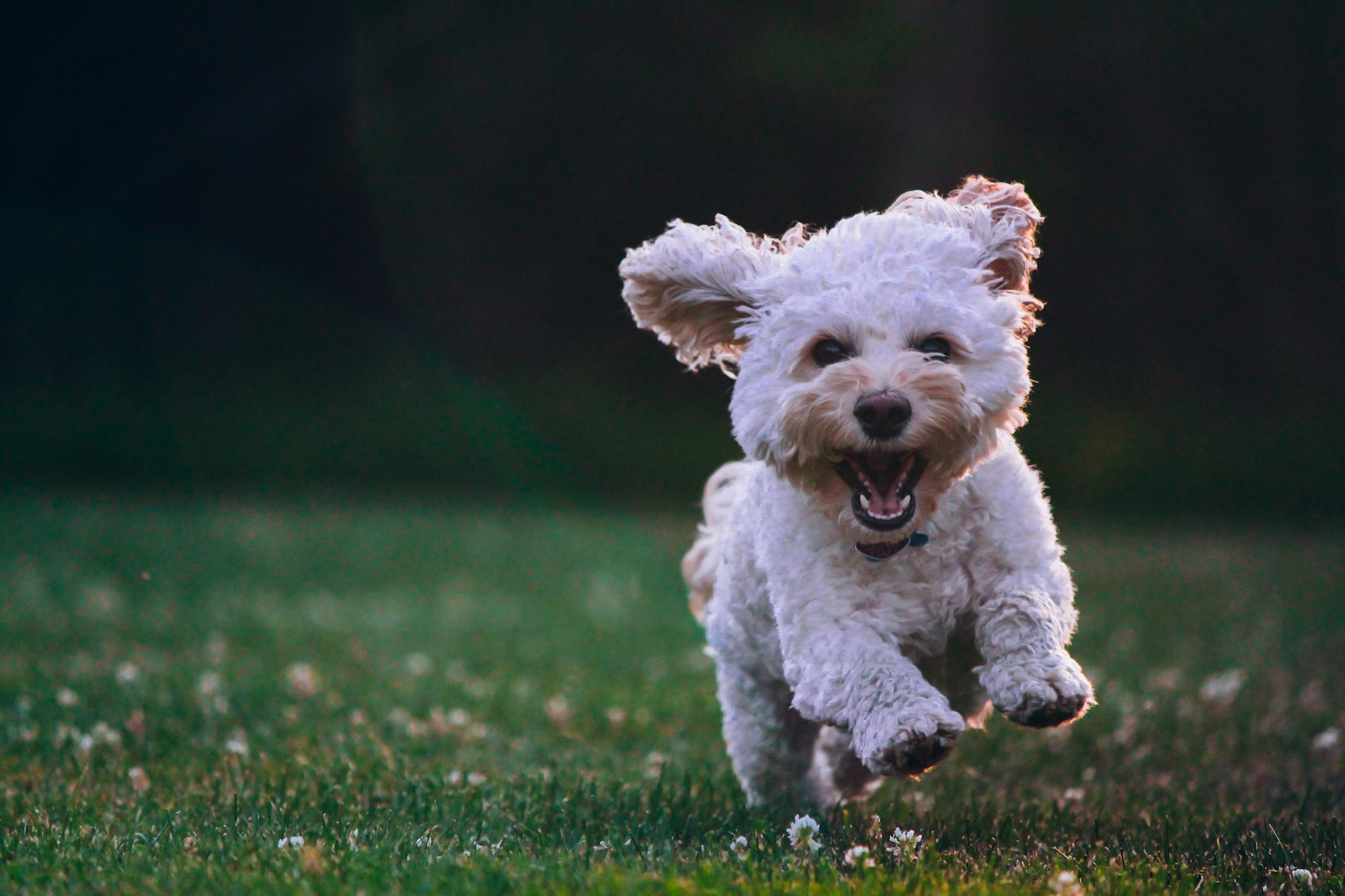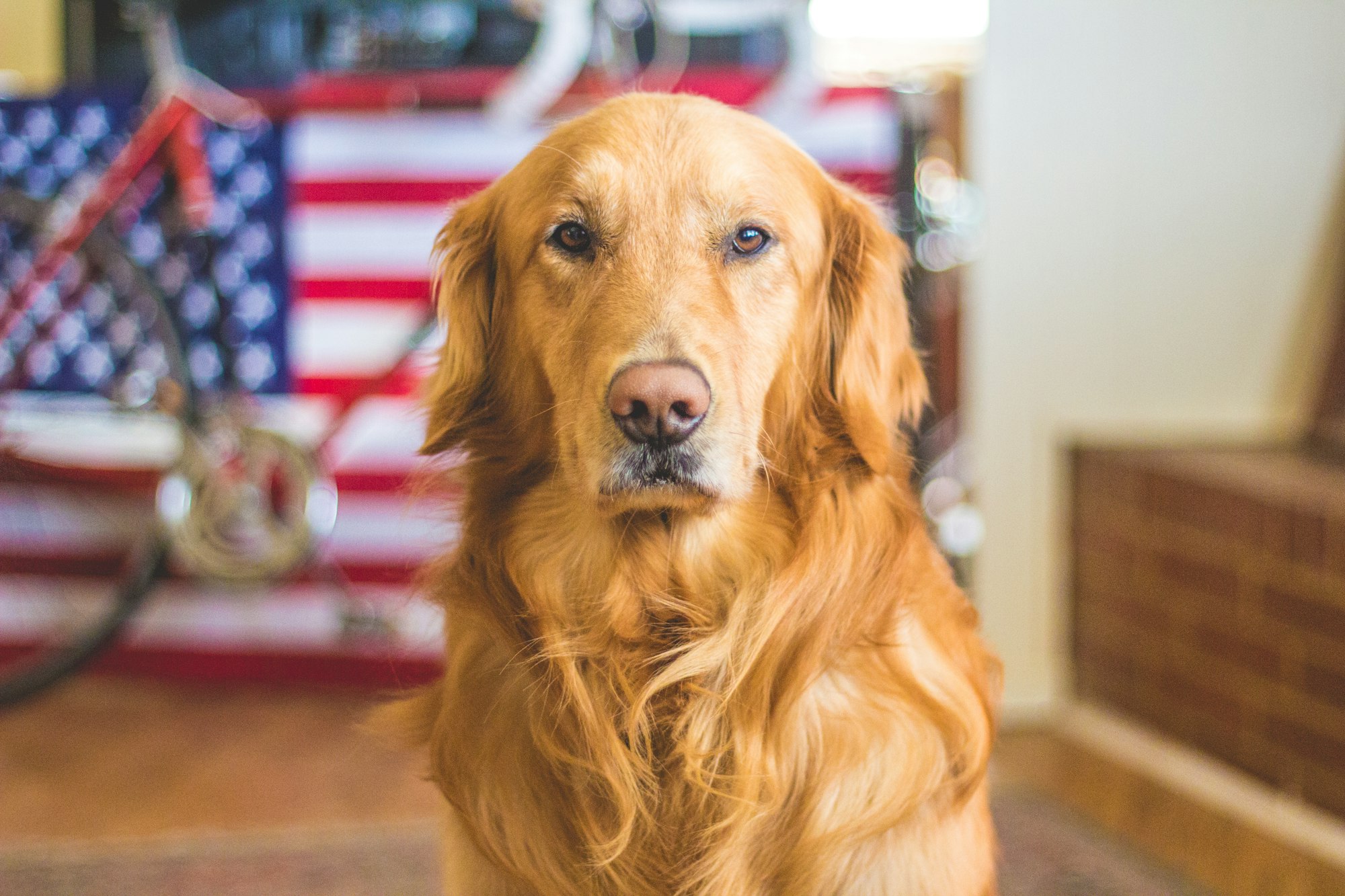The decision to bring a puppy into your life is a momentous one, filled with excitement and anticipation. However, this journey should commence with a series of well-informed inquiries to the dog breeder. This crucial step ensures that you not only find the perfect furry companion but also support responsible breeding practices that prioritize the health and well-being of these precious animals.
The Importance of Picking the Right Breeder
Choosing a good breeder isn't just about ensuring you get a puppy that looks like the breed you desire. It's about the health, temperament, and overall well-being of your future furry family member. Picking the right breeder can set the tone for the entire life of your pet.

Questions That Can Make All the Difference
There's an old adage that there's no such thing as a bad question. When it comes to the well-being of your future pet, this couldn't be truer. Let's delve into the questions that can illuminate your path.
Can You Share the Puppy's Background?
This question opens the door to understanding the puppy's lineage, early life, and any potential challenges they've faced.
May I Meet the Puppy's Parents?
Seeing the puppy's parents can provide insights into potential behavioral traits, size, and general health conditions your puppy might inherit.
What Health Screenings Have Been Conducted?
A puppy's health starts long before it's born. Understanding the health screenings done can provide clarity about any potential genetic conditions or early life health challenges.
How Long Have You Been Breeding?
The breeder's experience can speak volumes. A long-standing breeder might have more knowledge and insights into specific breed challenges and best practices.
Could I Speak to Some of Your Past Clients?
Feedback from other puppy owners can give you an honest assessment of the breeder's practices and the health and temperament of the puppies they've raised.
What Happens If Things Don't Work Out?
It's crucial to know if the breeder has a plan in place if, for unforeseen reasons, you cannot keep the puppy. This speaks to the breeder's commitment to the well-being of their dogs.
Warning Signs: When to Think Twice
Ensuring you're supporting an ethical and responsible breeder is crucial. Keep an eye out for these potential red flags:
Hesitance to Share Information
A good breeder will be transparent. If they're evasive or hesitant, it's a sign something might be amiss.
Subpar Living Conditions
The environment where the puppies are raised can tell a lot. A clean, loving, and well-maintained space is essential for early life development.
Signs of Unhealthy Puppies
A puppy's appearance and behavior can be early indicators of health issues or neglect.

Understanding the Breeder's Philosophy
Every breeder will have a philosophy or approach when it comes to raising and caring for their dogs. Getting a grasp on this can provide insight into whether their values align with yours.
What's Your Approach to Socialization?
Early socialization can play a significant role in a puppy's behavior and adaptability in different situations. A well-socialized puppy will generally be more confident, relaxed, and easier to train.
What Diet Do You Recommend for the Puppies?
Nutrition is paramount. Understanding what the breeder feeds the puppies, and why, can give you a head start on ensuring your puppy gets the best dietary start in life.
How Do You Handle Early Life Training?
Some breeders begin basic training processes like crate training, basic commands, or potty training. Knowing this can help in providing consistency when the puppy transitions to your home.
What Support Do You Offer Post-Purchase?
A breeder's responsibility doesn't end when the puppy leaves their care. Responsible breeders often offer support or guidance as you navigate puppyhood, ensuring the transition is as smooth as possible.
The Role of Contracts and Guarantees
Many reputable breeders will have contracts or agreements in place to safeguard both the puppy's welfare and your rights as a new owner.
Do You Offer a Health Guarantee?
Such guarantees can be crucial in understanding what health issues, if any, the breeder can vouch for and what support they offer should a health problem arise.
What Does Your Contract Cover?
From spaying/neutering agreements to clauses about the puppy's living conditions, understanding the contract's specifics is crucial.

Beyond the Purchase: Building a Relationship with Your Breeder
Once you've chosen a puppy and are confident in your breeder selection, consider the ongoing relationship you'll be fostering with this breeder. It isn't merely a transactional interaction but an evolving relationship that can be beneficial for both parties.
Regular Check-ins and Updates
Breeders often appreciate receiving updates about the puppies they've raised. Sharing milestones, growth photos, and general well-being updates can strengthen your bond with the breeder.
Attending Breeder-Hosted Events
Many breeders organize events, workshops, or get-togethers for puppy owners. These events offer a great opportunity to meet other dog owners, share experiences, and learn more about your puppy's breed.
Seeking Advice During Challenging Times
Whether it's a behavioral challenge, dietary concern, or a general query, remember that your breeder, with their wealth of experience, can be a valuable resource.
Breeders as Part of Your Dog's Extended Family
Many breeders view the puppies they've raised as an extended family. By maintaining a good relationship with them, you ensure your dog has a broader support system, which can be invaluable.
The Circle of Trust: Recommendations and Referrals
Once you've experienced the joys of owning a well-bred, healthy, and happy dog, you'll likely want to share this joy with others. This is where your relationship with the breeder can come full circle.
Referring Friends and Family
If someone you know is considering getting a dog, and your experience has been positive, referring them to your trusted breeder can ensure they have a similar experience.
Supporting the Breeder's Efforts
Beyond direct referrals, supporting your breeder's initiatives, whether it's through social media endorsements, attending events, or even volunteering, can further solidify your relationship.

A New Chapter: Integrating Your Puppy into Your World
Having thoroughly vetted your breeder and brought your puppy home, you now embark on an exciting new chapter. The process of integrating your puppy into your life and household, while exhilarating, comes with its own set of challenges and considerations.
The Importance of Routine
Puppies, much like children, thrive on routine. Setting a regular feeding, playtime, and potty schedule from day one helps your puppy understand what's expected and fosters a sense of security.
Training: The Bedrock of Good Behavior
The foundational weeks and months are crucial for training. Whether it's basic commands, house training, or leash etiquette, investing time in consistent training methods will pay dividends in the future. Remember, patience is key, and every dog learns at its own pace.
Socialization: Introducing Your Puppy to the World
Exposing your puppy to various environments, people, and other animals in a controlled manner is pivotal. This ensures they grow up to be well-adjusted, confident adults who can navigate different situations with ease.
Health and Wellness Checks
Regular visits to the vet, timely vaccinations, and preventive healthcare measures, like flea and tick treatments, are non-negotiable. Your breeder may have provided a health schedule or recommendations; adhere to these and maintain open communication with your veterinarian.
Bonding: Building Trust and Affection
Spend quality time with your puppy. This could be through play, training sessions, or simple cuddle times. This not only strengthens your bond but also helps in establishing trust and understanding between you two.
Challenges Ahead and Overcoming Them
Every journey has its bumps, and puppy ownership is no exception.
Behavioral Challenges
From nipping and biting to barking or separation anxiety, behavioral challenges can arise. Seeking advice from your breeder, enrolling in puppy classes, or consulting a dog behaviorist can provide solutions.
Dietary Adjustments
Puppies might have sensitive stomachs or specific dietary needs. Monitoring their diet, noting any allergies, and adjusting based on their growth and activity level is essential.
Adapting to Life Changes
As your puppy grows, life situations might change. Moving homes, introducing new family members, or even bringing in another pet requires planning to ensure your dog's comfort and well-being.
Navigating Growth: From Puppyhood to Adulthood
As days turn into weeks, and weeks into months, your puppy will undergo significant transformations. Understanding these stages and adapting to your dog's evolving needs is crucial to ensure a smooth transition from puppyhood to adulthood.
Physical Growth and Development
One of the most noticeable changes will be your puppy's rapid physical growth. This phase requires special attention to nutrition, ensuring they receive the right balance of nutrients for their breed, size, and activity level.
Mental and Emotional Maturity
Just as humans go through adolescence, dogs too experience a phase where they test boundaries and exhibit increased independence. During this time, reinforcing training and maintaining consistency in discipline is essential.
Exercise and Activity Needs
As your puppy grows, so will their energy levels. Regular exercise, be it through walks, play sessions, or training activities, is crucial to keep them mentally stimulated and physically fit.
Social Dynamics
Your maturing dog will have evolving social dynamics. They might become more protective, territorial, or even show signs of dominance. Social training and continuous exposure to different environments can help in managing these changes.
Health Checks and Vaccination Boosters
Adulthood brings about different health considerations. Regular health screenings, dental checks, and staying updated with vaccination boosters will keep your dog in optimal health.
Lifelong Learning: Continuous Training and Enrichment
While foundational training is set during puppyhood, continuous learning and enrichment are essential for a dog's well-being throughout their life.
Advanced Training
Consider enrolling your dog in advanced training courses or agility training. These not only reinforce basic commands but also provide mental stimulation.
Interactive Toys and Puzzles
Toys that challenge your dog's intellect can be great tools to keep them engaged. Puzzle feeders, treat-dispensing toys, or scent-tracking games can be beneficial.
Travel and Exploration
If circumstances allow, take your dog on trips or hikes. New environments can be enriching experiences, offering varied scents, sights, and sounds.
Preparing for Senior Years
As your dog enters its golden years, their needs will shift again. They might require softer foods, gentler exercises, and more frequent health check-ups. Being attentive to these changes and offering them comfort and care during their senior years will ensure they age gracefully.

Legacy of Love: Cherishing Moments and Creating Memories
Every phase in your dog's life, from the boisterous jumps of puppyhood to the tranquil moments of their senior years, offers unique moments worth cherishing. This bond, filled with shared experiences and memories, becomes the legacy of love between you and your pet.
Documenting the Journey
In today's digital age, it's easier than ever to capture and store memories. Consider maintaining a photo journal or even video chronicles of your dog's milestones. These can serve as treasured keepsakes for years to come.
Celebrating Milestones
Much like we celebrate birthdays or anniversaries, marking your dog's special days—like their adoption day or birthday—can be a tradition. It not only makes them feel loved but also allows you to reflect on the journey you've undertaken together.
Shared Activities
Engage in activities that both you and your dog enjoy. It could be hiking on a favorite trail, having a picnic at the local park, or simply lounging together on a lazy Sunday. These shared experiences deepen the bond.
The Bond Beyond Play
While playtime is essential, the silent moments of simply being together, cuddling on a cold evening, or the quiet companionship during a sunset, hold immense value. These are the moments of pure, unspoken love.
Facing Challenges with Grace
As with any long-term relationship, there will be hurdles. Health challenges, behavioral issues, or changes in living situations can test your bond.
Seeking Support
Whether it's from a vet during health crises, a behavioral therapist for issues, or a community of dog owners, never hesitate to seek support. An informed decision, backed by experts, can make navigating challenges smoother.
Patience and Understanding
Remember that just as you grow old and face age-related issues, so does your dog. Their decreased energy, potential health issues, or even mood shifts require patience and understanding. Your unwavering love will be their comfort.
Leaving a Legacy: Planning for the Future
It's a topic few like to dwell upon, but considering your dog's well-being in scenarios where you might be unable to care for them is crucial. Setting up a plan, be it with family members or trusted friends, ensures that your dog continues to receive love and care.
Conclusion:
Owning a dog is a transformative journey, commencing with selecting a responsible breeder and encompassing the joys and challenges of every life stage. By being attentive to their evolving needs, from puppyhood's playful leaps to the serene moments of senior years, we forge an unbreakable bond. This relationship is enriched by shared experiences, from celebratory milestones to quiet companionships, and even the hurdles we navigate together. Planning for their future, capturing memories, and consistently seeking knowledge and support make this narrative a unique love story. Ultimately, the legacy of love we create with our dogs leaves an everlasting impact on our lives.




